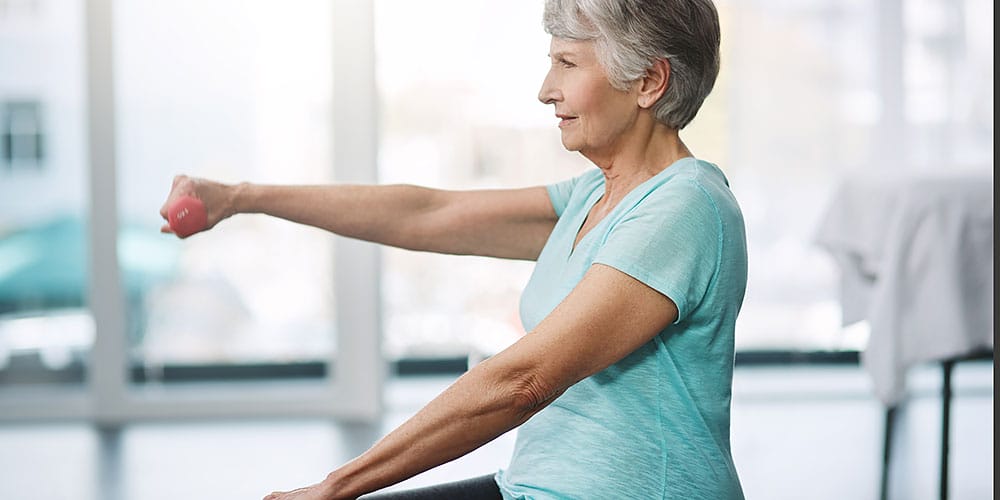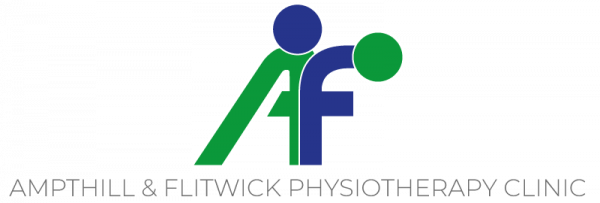Osteoporosis

Osteoporosis is the weakening of bone mass so that bones become fragile to the point where a simple everyday movement, such as picking up a bag of shopping can cause a broken bone. Often it is a broken bone that is the first symptoms of the problem. Osteoporosis is widely regarded as a Woman’s disease and indeed, one in three women will develop osteoporosis during their lives. However, osteoporosis also affects one in twelve men in their lifetimes, and accounts for around 20% of vertebral fractures and 30% of hip fractures.
All of this adds up to around 3 million sufferers in the UK, 70,000 hip fractures, 50,000 wrist fractures and 40,000 spinal fractures per year, at a cost to the NHS of over £1.5 billion.
Sources of the problem
We are all potentially at risk from Osteoporosis as we live longer, and our bones have more time to degenerate. However, a lack of oestrogen in women and low levels of testosterone in men have been proven to lead to higher instances of the disease, and heavy smoking and drinking coupled with low body weight are also shown to add to the risk. Early signs include loss of height, and curvature of the spine (known as kyphosis).
How it can be treated, and what to expect at the physiotherapy clinic
We can assist in the prevention of osteoporosis in young people prior to the menopause, and exercises for post-menopausal women. We can also aid in the recovery following a bone fracture. Treatments consist of pain relief, balance exercises and strengthening programmes. Unfortunately, many people suffering from Osteoporosis have to deal with chronic and long-term pain. Also, some patients become depressed about their pain. Our clinic offers help and advice for all these patients. Treatment includes general exercises, acupuncture and advice regarding activity and home management, and how to increase you tolerance to pain.
Prevention methods
The good news is that, to a large extent, Osteoporosis is preventable. Calcium intake in childhood and adult life can increase bone mass in all ages, and in bone health in general. Vitamin D is another good preventative product to help reduce the fracture risk. Unfortunately, both calcium and Vitamin D deficiencies are common in Europe. A “bone friendly” diet helps keep you bones strong and healthy.
The http://www.nos.org.uk contains some very useful advice on the best diet to prevent osteoporosis.

 Nearly two thirds of the population of the UK have experienced back pain which affects their ability to carry out daily tasks such as lifting or bending. 2.5 million people suffer back pain every day of the week. More working days are lost in this country through back pain than for any other reason.
Nearly two thirds of the population of the UK have experienced back pain which affects their ability to carry out daily tasks such as lifting or bending. 2.5 million people suffer back pain every day of the week. More working days are lost in this country through back pain than for any other reason.